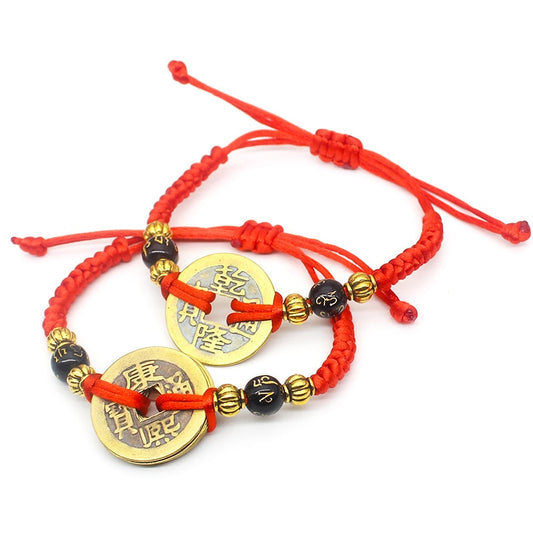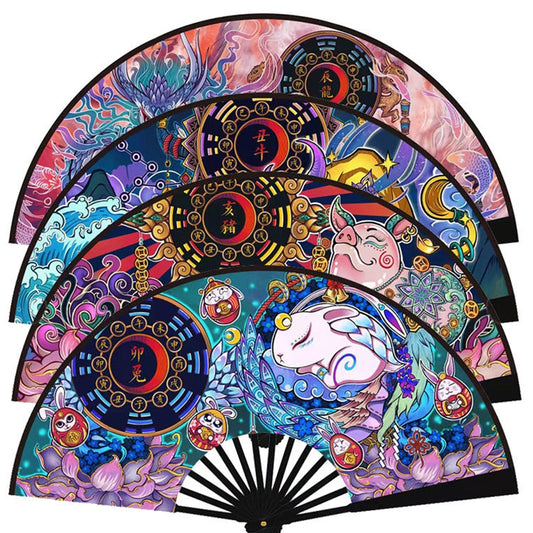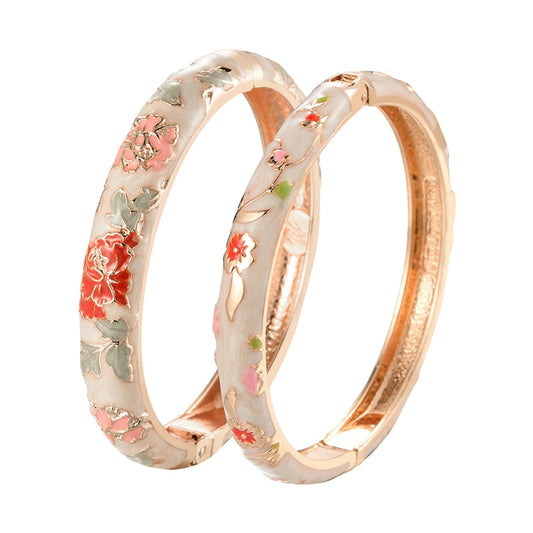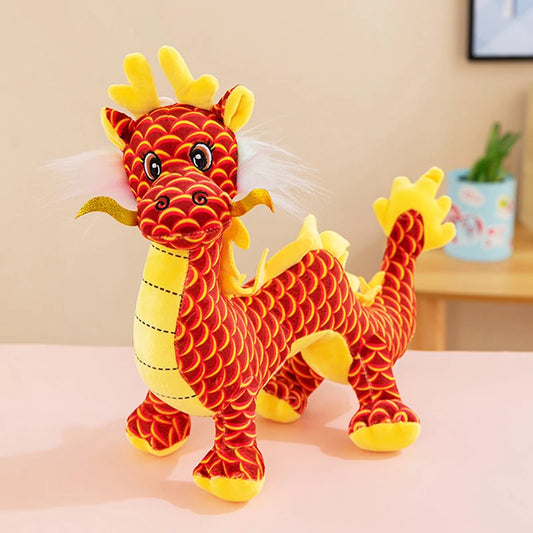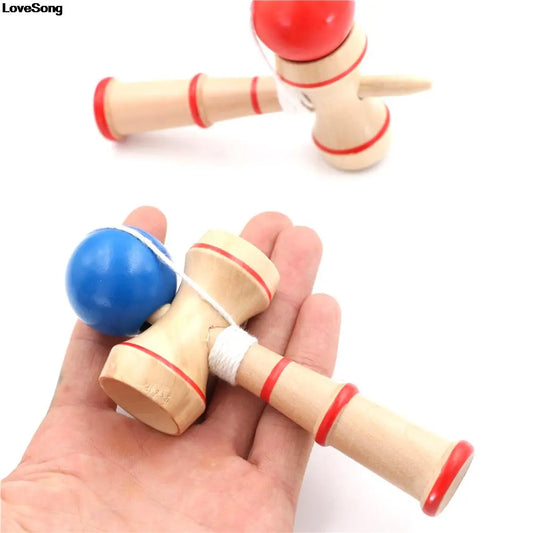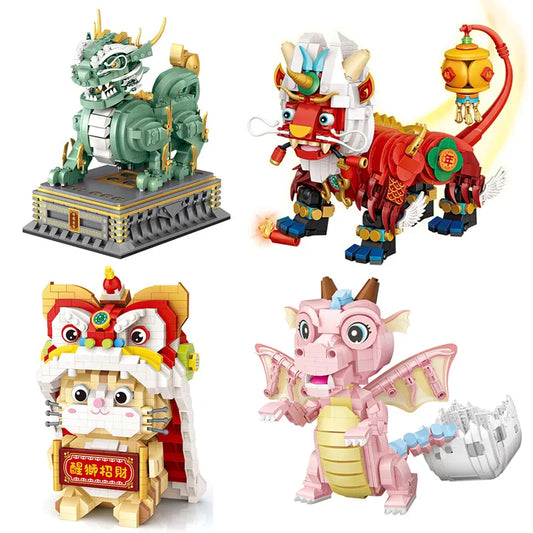If you're a board game enthusiast, you may have heard of some of the most popular games originating from China. Chinese board games have a rich history dating back centuries, and they're still played and enjoyed today both in China and around the world.
In this article, we'll take a deep dive into traditional and modern Chinese board games and learn about their unique features, gameplay, and cultural significance.
Historical Background of Chinese Board Games
Chinese board games have a long history dating back thousands of years. The earliest evidence of board games in China can be traced back to the Shang Dynasty (1600 BC-1046 BC). One of the oldest Chinese board games still played today is Weiqi (Go), which has been played for over 2,500 years.
Traditional Chinese Board Games
Weiqi (Go)
Weiqi, also known as Go, is one of the most popular traditional Chinese board games. It's a strategy game played by two players on a board with a grid of 19x19 lines. The objective of the game is to capture your opponent's pieces and control as much territory on the board as possible. Weiqi is considered one of the most complex strategy games, as there are more possible moves in a game of Weiqi than there are atoms in the known universe.

Xiangqi (Chinese Chess)
Xiangqi, also known as Chinese Chess, is another popular traditional Chinese board game. It's played by two players on a board with 9x10 lines. The objective of the game is to capture your opponent's pieces, and the game ends when one player captures their opponent's king. Xiangqi is considered a game of skill and strategy, as each piece has a unique set of movements and abilities.

Mahjong
Mahjong is a tile-based game that originated in China during the Qing dynasty (1644-1912). It's played with four players and a set of 136 tiles. The objective of the game is to create a winning hand by drawing and discarding tiles, similar to rummy. Mahjong is considered a social game, as it's often played with family and friends.

Modern Chinese Board Games
China Chess
China Chess is a modern variation of Xiangqi. It's played on a larger board with 10x11 lines and has several new pieces with unique abilities. The objective of the game is still to capture your opponent's pieces and king.
Landlord
Landlord, also known as Dou Di Zhu, is a popular card game in China. It's played with three players and a deck of 54 cards. The objective of the game is to be the first player to get rid of all your cards. Landlord is considered a game of luck and strategy, as players can bid to become the "landlord" and gain additional advantages.
Jungle (Dou Shou Qi)
Jungle, also known as Animal Chess, is a modern variation of Xiangqi with a jungle animal theme. It's played on the same board as Xiangqi, but each piece represents a different animal with unique abilities. The objective of the game is still to capture your opponent's pieces and king, but with a new twist on the classic game.
Cultural Significance of Chinese Board Games
Chinese board games have been an important part of Chinese culture for centuries. They not only provide entertainment but also promote strategic thinking and social interaction. Traditional games like Weiqi and Xiangqi have even been used to teach military strategy and tactics. In modern times, board games have continued to be a popular pastime in China, with many new games being developed and enjoyed.
How to Play Traditional Chinese Board Games
While each traditional Chinese board game has its own unique rules and gameplay, there are a few common elements to keep in mind. Most games involve two players, and each player has a set of pieces or tiles with unique movements and abilities. The objective of the game is to capture your opponent's pieces while protecting your own.
For example, in Weiqi, players take turns placing their pieces on the board, trying to surround their opponent's pieces and capture as much territory as possible. In Xiangqi, players move their pieces on the board, trying to capture their opponent's pieces and eventually their king. And in Mahjong, players draw and discard tiles, trying to create specific sets and combinations to win the game.
Where to Find Chinese Board Games
Chinese board games are widely available both online and in physical stores. Online retailers like FUFORME, Amazon and Alibaba sell traditional and modern Chinese board games, as well as specialty stores that cater to board game enthusiasts. Many Chinese board games can also be found in local toy stores or game shops.
Wrap Up
Chinese board games have a rich history and cultural significance that continue to make them popular today. Whether you're a fan of traditional games like Weiqi and Xiangqi or prefer modern variations like China Chess and Landlord, there's a Chinese board game for everyone. So gather some friends or family, and try out a new game today!
FAQs
- Are Chinese board games difficult to learn?
- While some Chinese board games like Weiqi and Xiangqi have complex gameplay, they can be learned with practice and patience. There are also many online tutorials and resources available to help you learn.
- Can Chinese board games be played with more than two players?
- Yes, some games like Mahjong and Landlord can be played with three or more players.
- Are there any Chinese board games that are similar to Western board games?
- Yes, games like China Chess and Jungle have similarities to Western chess and animal-themed games, respectively.
- Do I need to know Chinese to play Chinese board games?
- While some games may have instructions or pieces in Chinese, many games also have English translations available.
- Can I play Chinese board games online?
- Yes, many Chinese board games can be played online through websites or apps, allowing you to play with others around the world.


